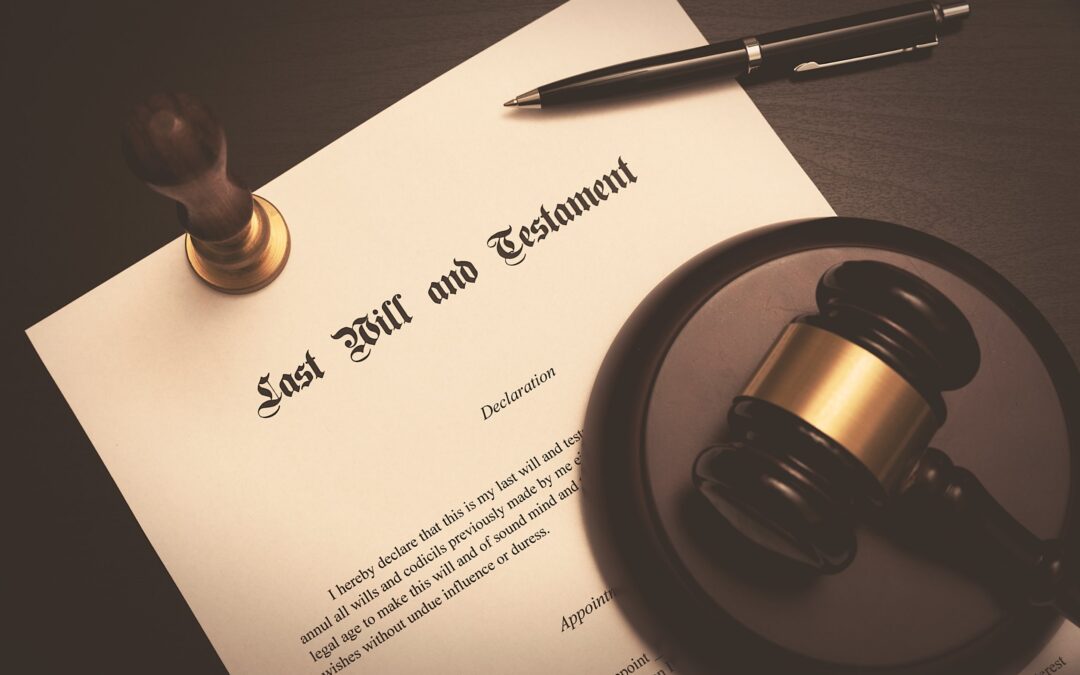According to the CDC, more than 3.3 million people die in the United States every year – that’s more than 1,000 deaths for every 100,00 US citizens. And while the average life expectancy is 77 years, many won’t have the opportunity to live that long – an unfortunate and harsh reality.
Making matters worse, recent studies suggest more than half of all adults in the United States don’t have a last will and testament – as of 2021, just 46% of adults had a will. Believe it or not, that number has remained consistent over the past 30 years – 48% in 1990, 51% in 2005, and 44% in 2016.
A will, also known as a testament, is a legal document that details how an individual would like their property, assets, and estate distributed among their loved ones. Without a valid will, the distribution of the deceased individual’s estate will be decided by the state or probate court.
How Long After a Death is the Will Read?
We’ve all seen the reading of a will portrayed in film and television shows. It usually consists of a lawyer meeting with the closest loved ones in a room where the will is read. The loved ones are usually anxious to learn who gets what, which almost always leads to a disagreement.
Unfortunately, that’s not how the reading of a will works. In fact, the next of kin and any other beneficiaries listed in the will are usually notified and sent the will within two months, which they often read on their own time. It’s not what the film industry teaches us, but that’s not surprising.
What most people don’t understand is it can take months – even years – for a will to make it through the legal process. There are several steps that must be taken before the assets are distributed to the beneficiaries. Depending on how large the estate, the probate process can be lengthy.

Step One: Locate the Will and/or Testament
The first step is to locate the will that your loved one left behind. In most cases, it will be with a family member or personal lawyer (estate attorney or estate planning attorney), who will present you with it. If it’s not with a lawyer, then you should look in your loved one’s personal files (computer, file cabinet, etc.). If you can’t find it and your loved one never mentioned it while they were alive, then there’s a good chance there isn’t one.
Step Two: File the Will at the Probate Court
The second step is to file the will with the probate court in your state – which can be done at any time after the loved one passes away, so long as it meets the time limits set by the state they died in. In most states, either the beneficiary and/or executor must file the will, along with a petition to approve it. At this point, the family must wait for the court to validate the will.
Step Three: Get Approval of Validity From the Court
The probate court will examine the will and ensure its validity with the state. This is a necessary step in the process, preventing fake or invalid wills from being approved. If the court determines the will is executed justly, then no witnesses or evidence needs to be submitted. Once the probate court approves the validity of the will, all beneficiaries and heirs are legally notified.
Step Four: Create an Inventory of the Estate
If none of the heirs or beneficiaries contest the validity of the will, the family – usually along with lawyers – create an inventory of the estate. This includes any property, vehicles, cash, stocks, collectibles, jewelry, and anything else the loved one owned. In addition to what they owned, the inventory should include any debts, bills, and taxes owed – they need to be paid somehow.
Step Five: Pay Off Outstanding Taxes, Bills, & Debts
Once the inventory is created, it’s sent to the probate court – who then places a value on the estate. This is when the family will want to start paying off all the outstanding federal estate taxes, bills, and debt left behind. If you need to sell things to raise the money, then that’s what you’ll have to do. If the estate can’t cover these expenses, then the family will have to come up with the money.
Step Six: Distribute Remaining Assets According to the Will
Now that you know the value of the decedent’s estate and you’ve paid off any outstanding expenses – including funeral costs, if needed – it’s time to start distributing the remaining assets, according to the will. This is where arguments and disagreements are common, but they’re usually dealt with by the time the assets are distributed. After all, they already had a chance to contest it.

Was Your Loved One the Victim of a Crime?
When someone is murdered, the crime scene is processed and the individual is taken to a funeral home, hospital, or morgue – where an autopsy is performed. Most people know that, but what they don’t know is that law enforcement isn’t responsible for cleaning the crime scene up.
In fact, that responsibility is left to the family members and friends of the deceased individual. And since most people don’t have the knowledge, tools, experience, or equipment to properly and safely clean a crime scene, they’re forced to hire some professional crime scene cleaners.
If this is a position you’re finding yourself in, don’t panic – Crime Scene Cleaners NW is here to help. We’ve been providing crime scene cleaning services for over 25 years and understand the delicate nature of the situation. That’s why we take our time and ensure we do the process right.
We’re locally-owned and put our professionalism on full display with each job we arrive at. We take great pride in helping our clients move past difficult times that they likely weren’t prepared for. If you’d like to learn more about our company or schedule a cleaning, don’t hesitate to contact us today!

